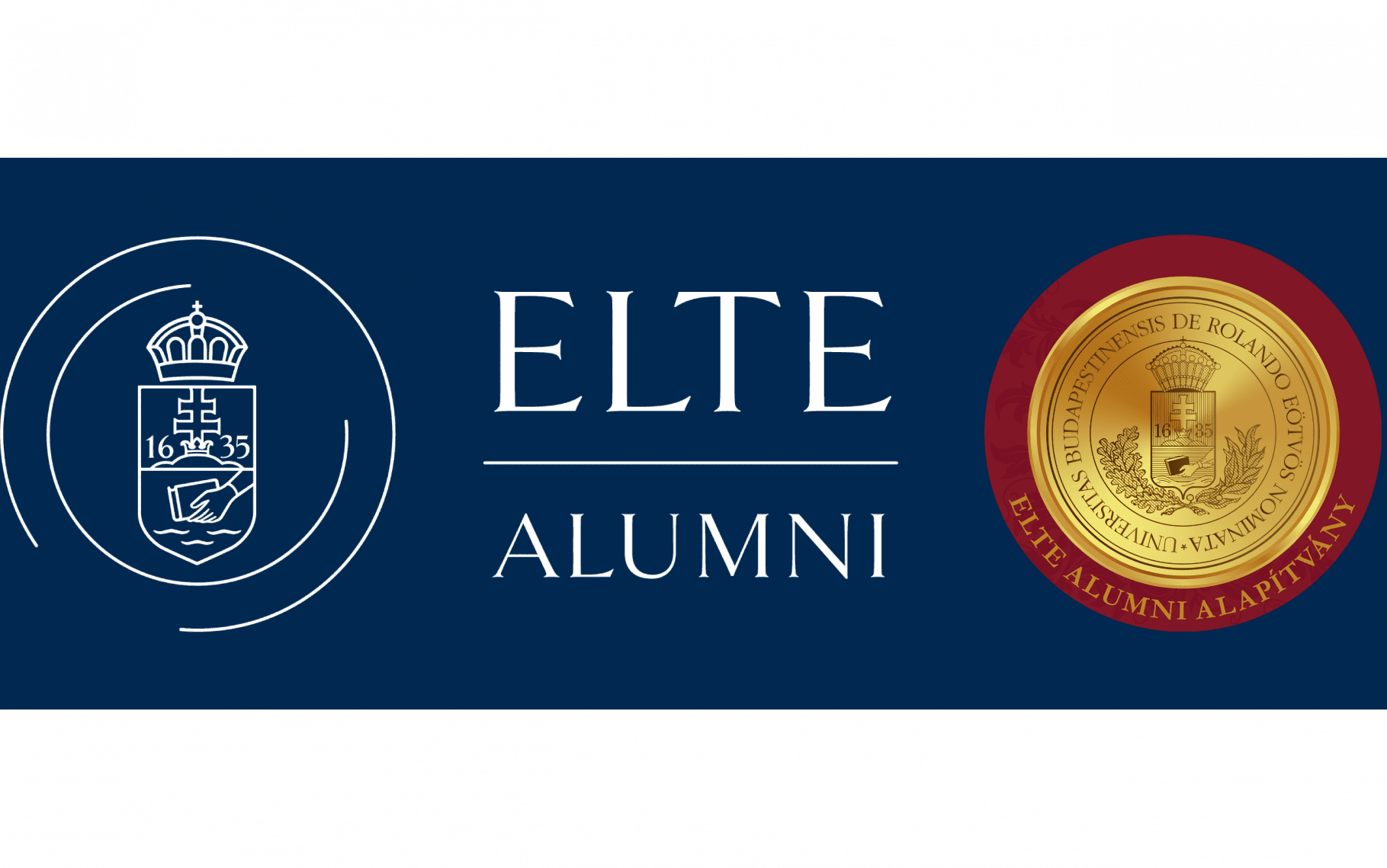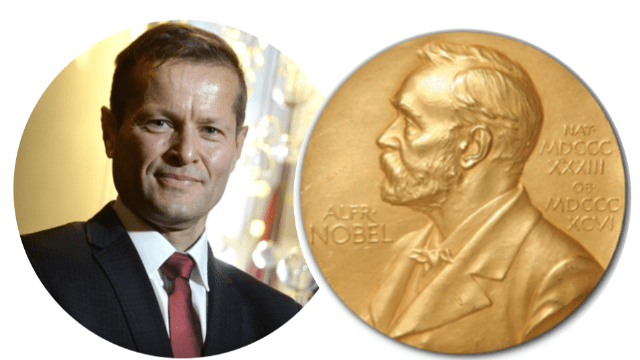Ferenc Krausz, physicist received the Nobel Prize. ELTE's former student and his fellow researchers were the first to produce and measure an attosecond light pulse, which laid the foundation for the science of attophysics.
On October 3, 2023, this year's winners of the highest award in the field of physics were announced: the prize was shared equally with Pierre Agostini and Anne L'Huillier by Ferenc Krausz for their experimental methods of producing attosecond light pulses for the investigation of the movement of electrons within atoms.
Ferenc Krausz, a Hungarian physicist born in Mór, studied electrical engineering at BME and physics at ELTE TTK parallel between 1981 and 1985. Thus, the Eötvös Loránd University welcomed the news with joy and pride that its former student, the current director of the Max Planck Institute for Quantum Optics in Germany, an external member of the Hungarian Academy of Sciences, has won the currently largest international scientific recognition for his exceptional performance.
"We are living exciting days, yesterday we were enjoyed the recognition of Katalin Karikó, who became world famous with the development of the anti-Covid vaccine, and today the name of Ferenc Krausz, a Hungarian discovery researcher in a little-known field of science, was mentioned in the announcement of the Royal Swedish Academy of Sciences - said Rector László Borhy in connection with the news. Ferenc Krausz was once a student of ELTE and BME, he defended his doctoral dissertation at the Vienna University of Technology, later he was appointed director of the Max Planck Institute for Quantum Optics in Garching, and since 2004 he has been the head of the Department of Experimental Physics at the Ludwig-Maximilians-Universität in Munich. Even this short summary of his career shows: internationality is now an unquestionable component of success.
Nowadays, it is quite natural that science crosses national borders, and international collaborations represent the highest level. The path to discoveries leads through mobility, international relations, and the continuous sharing of knowledge. We must all strive for this, so that we can effectively serve humanity with our research."
Since the beginning of the 1990s, Ferenc Krausz has been interested in the examination of smaller and smaller sizes in space and time using ultra-short-duration light pulses. He took a pioneering role in the development of femtosecond laser technology. The technique he developed can be used, among other things, in the interpretation of changes in the structure of molecules, which can lead to significant progress in drug development and the birth of new medical imaging procedures. For his work in the field of ultrafast laser science and attosecond physics, he and his peers received the Wolf Prize in Physics in 2022.
Source: elte.hu

comments0
To read and add comments please sign in!
Suggested Articles


